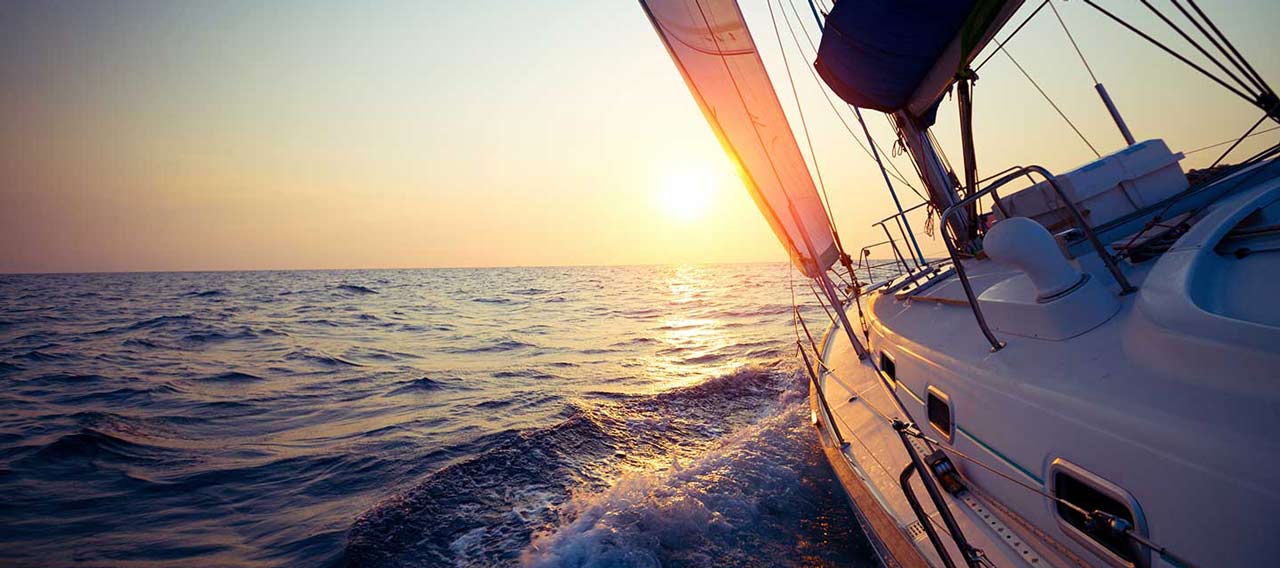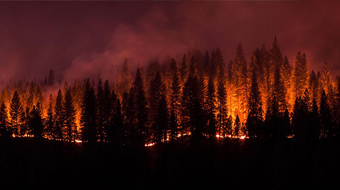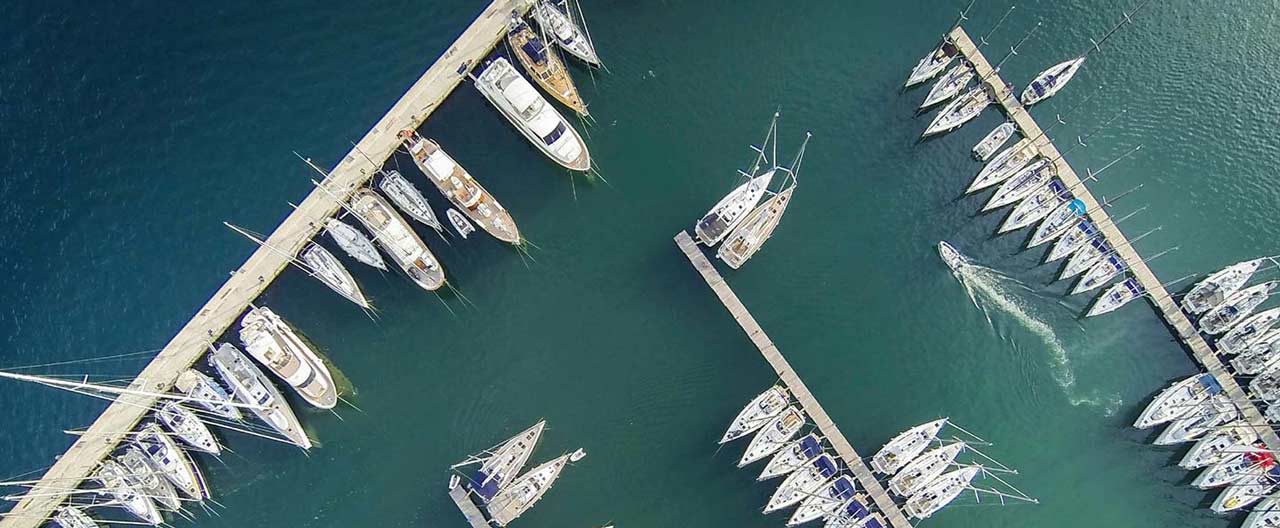Need a quote for your boat or yacht? Contact your insurance broker for more information.
As the weather warms up, many of us head to lakes, rivers, or the ocean to fish, waterski, cruise, and relax onboard a boat, yacht or other personal watercraft. According to the National Marine Manufacturers Association Canada (2018), an estimated 12.4 million Canadians enjoy our vast landscape of rivers, lakes and oceans each year and a boat is a perfect way to enjoy our great country. But, before you head out with friends and family, take note of a few important safety tips.
1. Make sure everyone wears a life jacket.
According to data in the Lifesaving Society’s 2019 Canadian Drowning Report, not wearing a personal flotation device or life jacket is the leading contributor to boating-related fatalities. Victims drowned in approximately 81% of fatal boating accidents. Canadian laws require that recreational boats have one properly fitting lifejacket for every person on the boat. Insist that your crew and guests all wear a life jacket that fits them well. This can help them stay afloat in rough waters, protect them against hypothermia, and in some cases, can keep their head above water.
2. Never drink alcohol and go boating.
Alcohol use is a leading contributor to fatal boating accidents. 65% of boating-related accidents in Canada involve alcohol consumption. Stay sharp when you’re on the water by leaving the alcohol on dry land.
3. Learn how to operate a boat safely by taking a boating safety course.
If you want to operate a boat with a motor in Canada, you need to show proof of competency. You should complete a boater safety course and pass the Transport Canada Exam. This will provide you with a Pleasure Craft Operator Card (PCOC) which is good for all provinces. Visit tc.canada.ca for details.
4. Put down the cell phone.
One of the top five contributing factors to boating accidents is inattention. Just like distracted driving on our highways, talking, texting, and other use of cell phones while boating is a growing problem on the water. Don’t contribute to this problem. Keep your eyes on the water ahead and around you.
5. Drive at a safe speed and follow all boating safety and navigational rules.
Excessive speed and improper lookout are two of the top contributing factors to boating accidents. Make sure you understand the local rules and laws of the waterway and follow them closely. Take note of visibility, traffic density, and proximity to navigational hazards such as shoals, rocks, or floating objects.
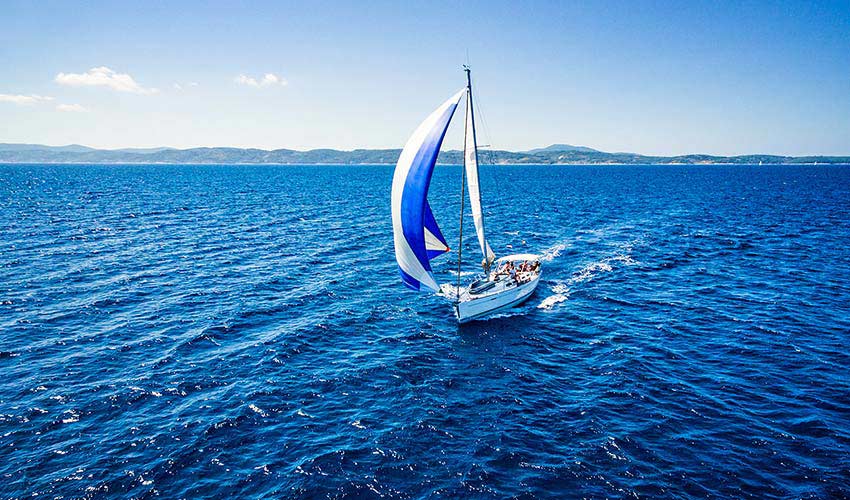
6. Check the weather forecast and be prepared for it to change.
A calm day can quickly turn ugly on the water. Keep an eye out for changing weather conditions and stay on top of the forecast while boating.
7. Take action before a storm hits.
Storm and hurricane forecasts and warnings are issued by the Environment Canada and the Canadian Hurricane Centre. Boaters can get information from Environment Canada’s marine forecast website, VHF marine radios, commercial radios and television stations and newspapers. As a boater, you need to be aware of the types of advisories and take action before a storm hits. Warnings range from small craft advisories, with winds of 18 knots or less, up to hurricane warnings with winds of 120 kilometres per hour (64 knots) or greater.
8. Register for a free Maritime Mobile Service Identity (MMSI) number and have a VHF radio equipped with Digital Selective Calling (DSC) installed and connected to your GPS.
When in coastal and inshore waters, these preparations can help take the search out of search and rescue. DSC allows the VHF radio to transfer information digitally, and to instantly send a digital distress alert, which includes your exact position, to the Canadian Coast Guard upon activation of the emergency button. Part of the alert is the MMSI number, which will identify your vessel automatically.
9. Use a carbon monoxide detector.
All internal combustion engines emit carbon monoxide, a poisonous gas that can make you sick in seconds and kill in minutes. Remember, you cannot see, smell, or taste CO, so know the symptoms (similar to seasickness or alcohol intoxication).
10. File a float plan.
The Canadian Coast Guard recommends that you always tell a friend or family member where you plan to go and when you’ll be back. That way, the proper officials can be notified if you don’t return when expected.
11. Get a free Vessel Safety Check.
Boats are complex machines and need regular maintenance to stay running smoothly and safely. Transport Canada works with various boating safety organizations, like the Canadian Coast Guard Auxiliary and the Canadian Power and Sail Squadrons, to offer free safety checks, so let their trained boating safety volunteer check your boat’s safety equipment and provide you with safety information before you go out on the water. Check the Canadian Power and Sail Squadrons website here for more information on the Pleasure Craft Courtesy Check Program.
Source of stats: 2018 National Marine Manufacturers Association Canada Statistics, Transport Canada, Environment Canada, 2019 Lifesaving Society Canadian Drowning Report
Insights and expertise
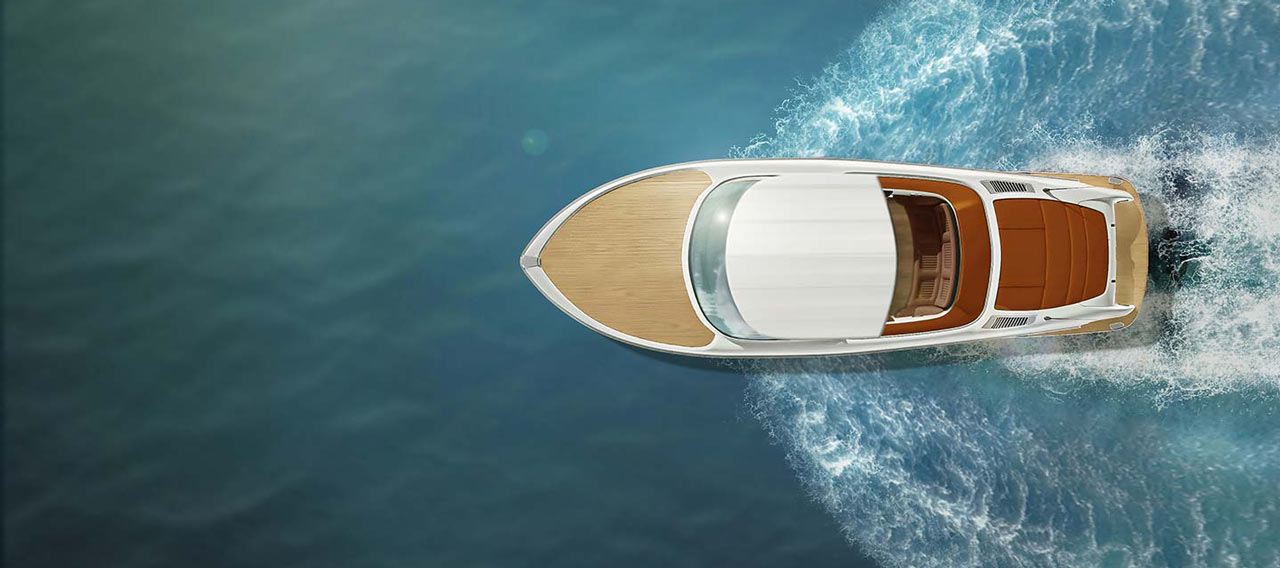
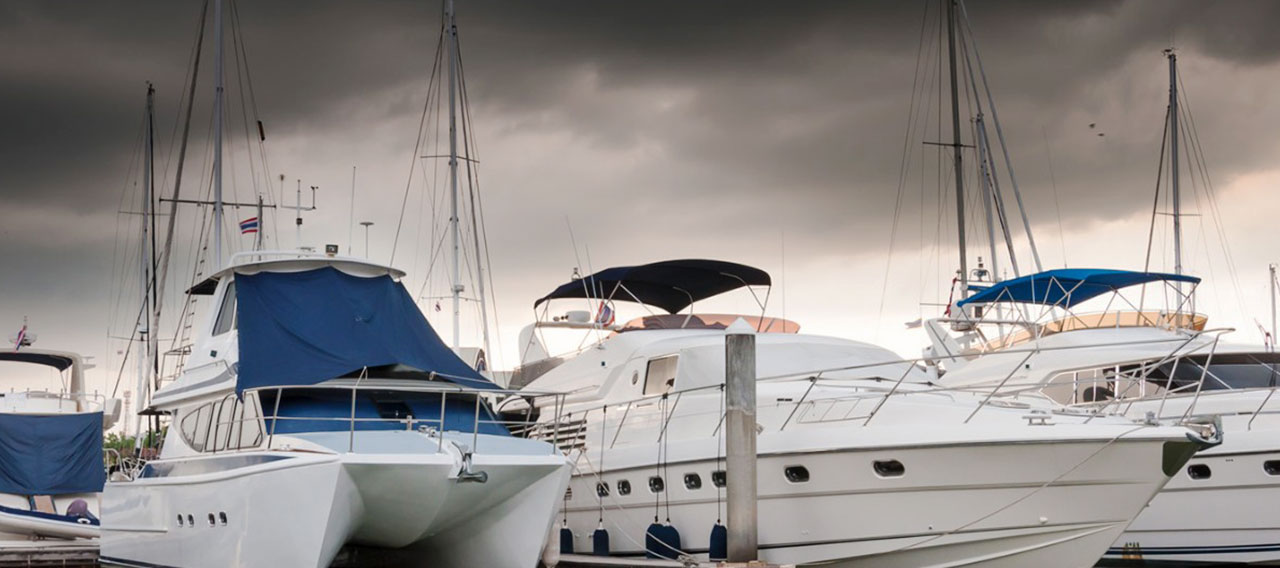
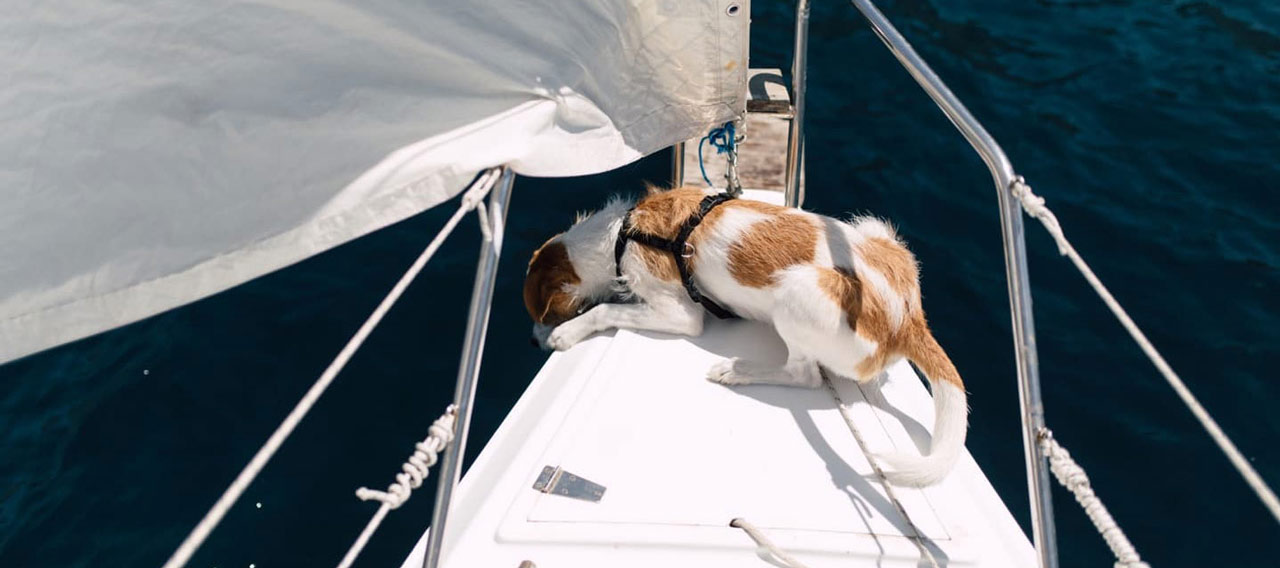
This document is advisory in nature and is offered as a resource to be used together with your professional insurance advisors in maintaining a loss prevention program. It is an overview only, and is not intended as a substitute for consultation with your insurance broker, or for legal, engineering or other professional advice.
Chubb is the marketing name used to refer to subsidiaries of Chubb Limited providing insurance and related services. For a list of these subsidiaries, please visit our website at www.chubb.com. Insurance provided by Chubb Insurance Company of Canada or Chubb Life Insurance Company of Canada (collectively, “Chubb Canada”). All products may not be available in all provinces or territories. This communication contains product summaries only. Coverage is subject to the language of the policies as actually issued.




